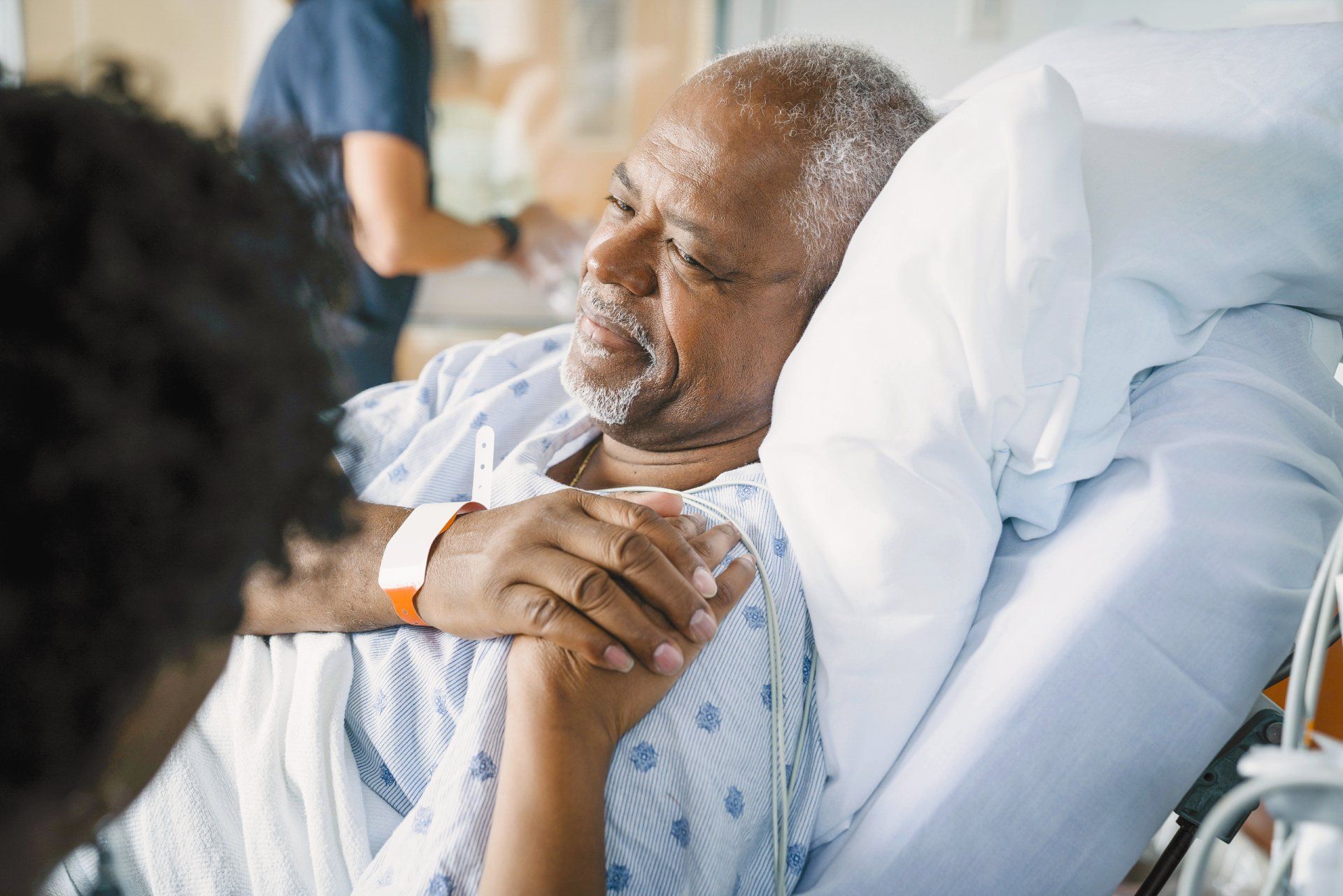
Heart Attack and Stroke

Recognize the Signs and Get Help Quickly
A heart attack or stroke is a medical emergency, and every second counts. The faster you or a loved one recognizes the symptoms and gets help, the better your chances of surviving, with the least amount of damage to your heart or brain. If you’ve had a heart attack or stroke before, keep in mind that your symptoms for a second event may be different.
Heart Attack Warning Signs
The main symptom of a heart attack is chest pain or discomfort that can also feel like pressure, fullness, or squeezing in your chest. These feelings may start gradually and get worse, or they may come and go. You might also feel pain or discomfort in one or both arms or your jaw, neck, back, or stomach.
Women may also have different symptoms, such as unusual heartburn, shortness of breath, lightheadedness, nausea, or pressure in the upper back, or they may feel tired or anxious weeks before a heart attack.
Stroke Warning Signs
Think B.E. F.A.S.T. when it comes to recognizing a stroke:
Balance: Are you suddenly having trouble with balance and coordination?
Eyes: Do you have blurred or double vision or sudden loss of vision in one or both eyes?
Face Drooping: Is your face numb? Does one side of your face droop when you try to smile?
Arm Weakness: Is one arm weak or numb? Raise both arms. Does one arm drift downward?
Speech Difficulty: Is your speech slurred? Are you unable to speak? Try to say a simple sentence like “The sky is blue.”
Time to Call 911: If you notice any of these symptoms, even if they go away, call 911 right away.
Other Sudden Stroke Symptoms
- Numbness or weakness in your leg, face, or arm, especially on one side of the body
- Confusion or trouble understanding
- Severe headache with no known cause
Recognize the symptoms and get to the hospital quickly to help prevent damage to your heart and brain. Once you’re at the hospital, you may receive treatments and procedures that can help stop the progress of heart attacks and strokes.
Know Your Risk
Ask your doctor about your risk of having a heart attack or stroke and what steps you can take to prevent one. They may talk to you about eating healthier foods, being more active, or quitting smoking.
At Home After a Heart Attack
Click here for information on heart attack recovery and care after discharge.
At Home After Stroke
Click here for information on rehabilitation at home after a stroke.
The AudioEye Trusted Certification represents a commitment to accessibility and digital inclusion.
Patient Guide Solutions, LLC
All Rights Reserved